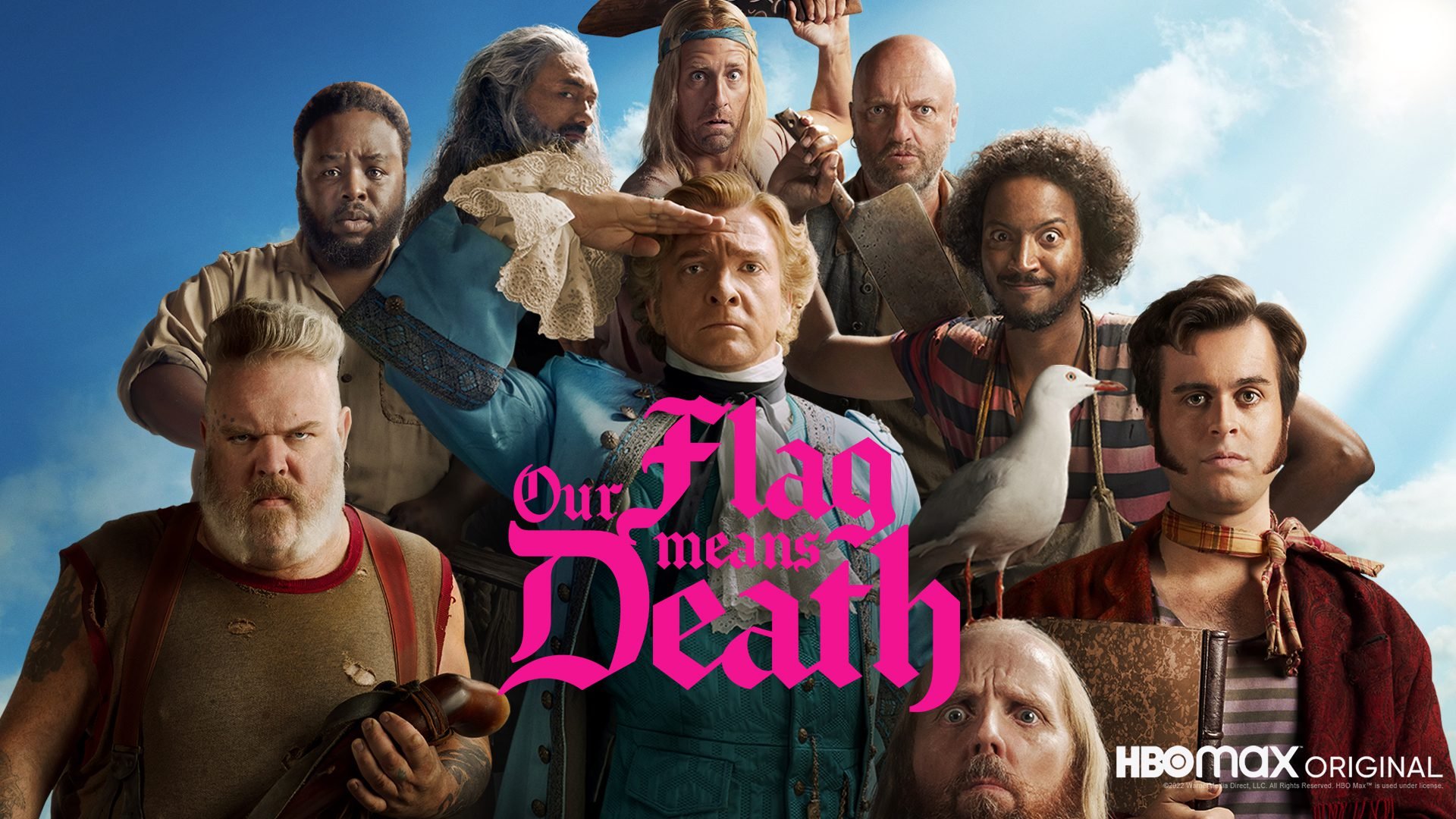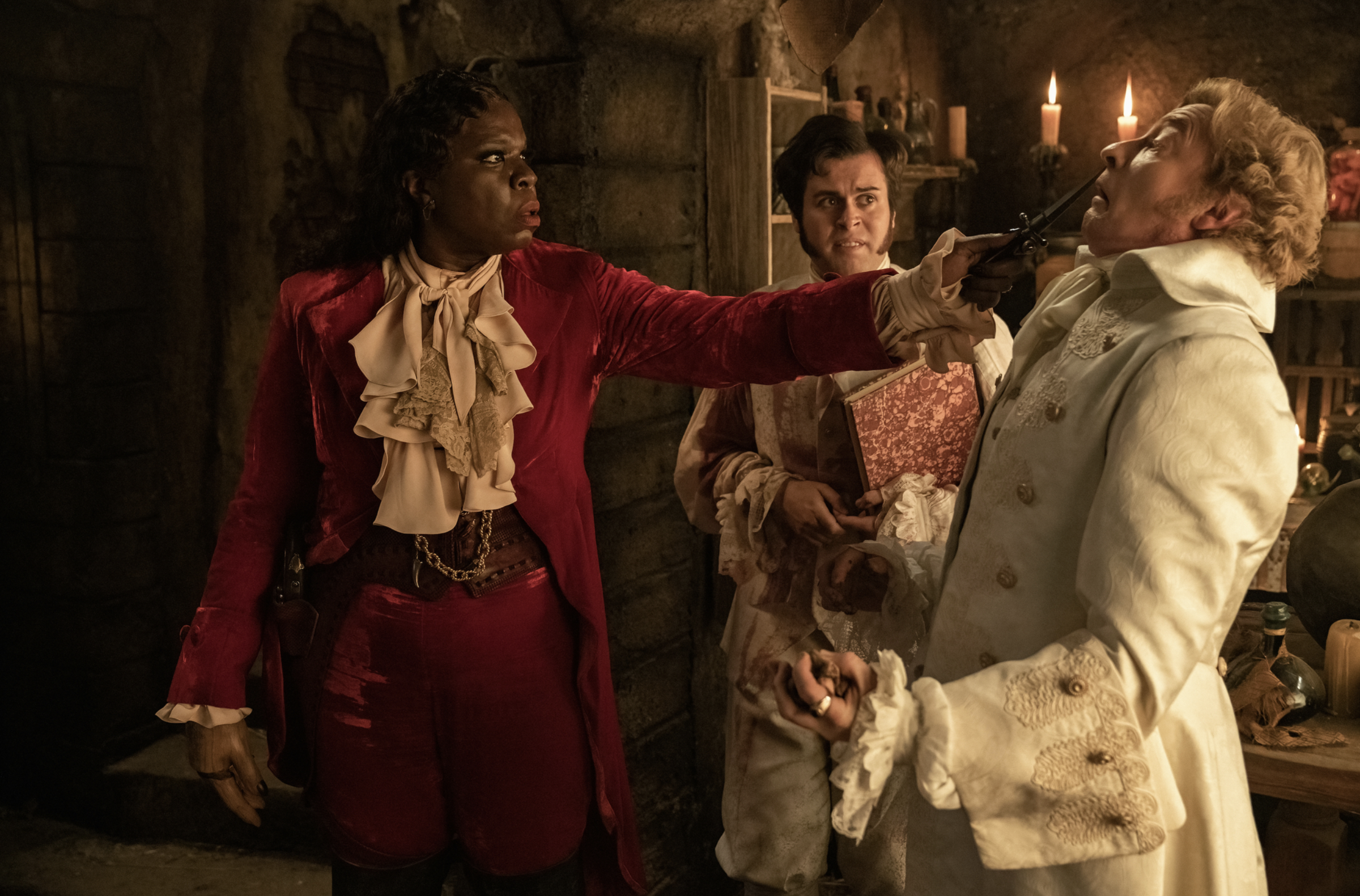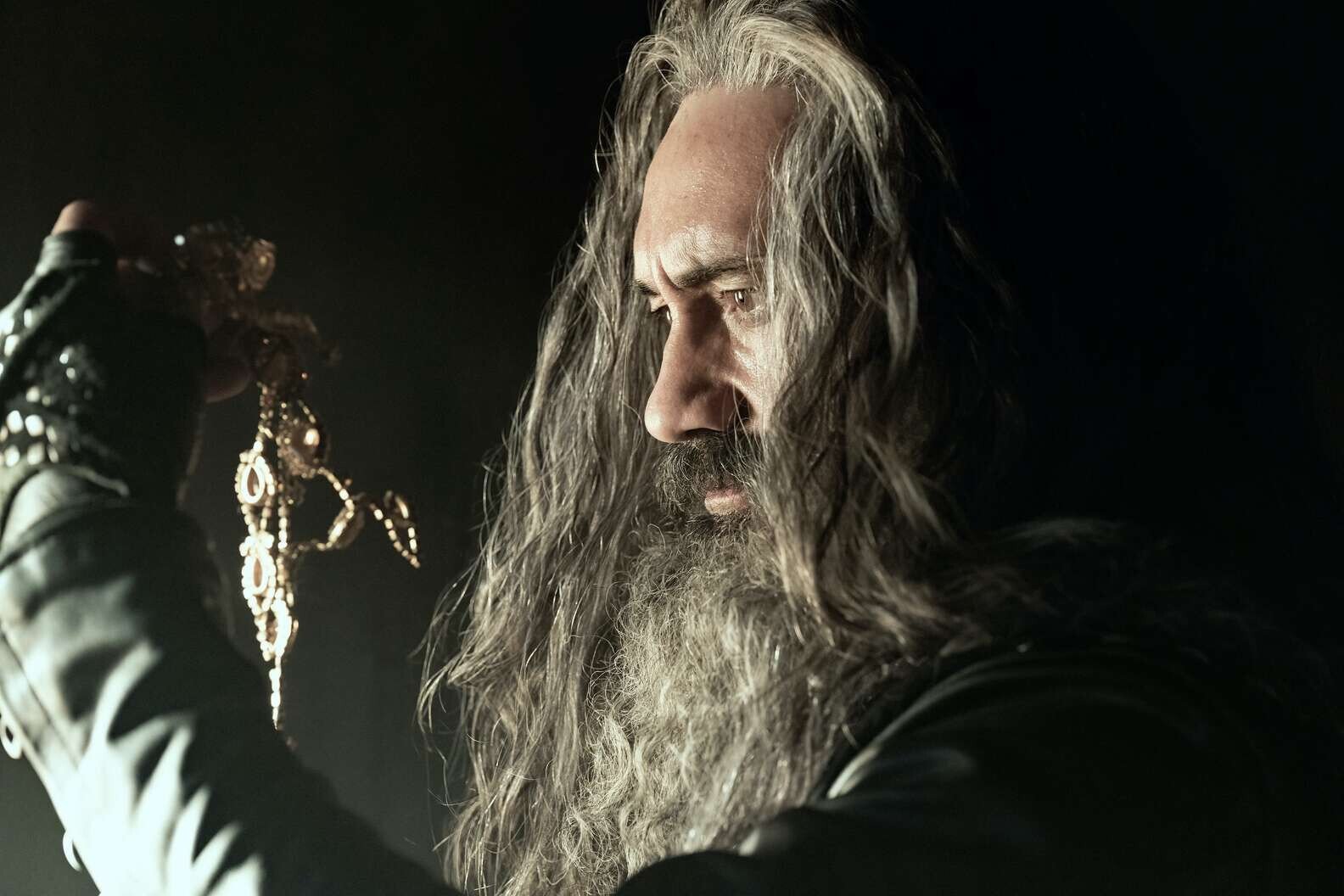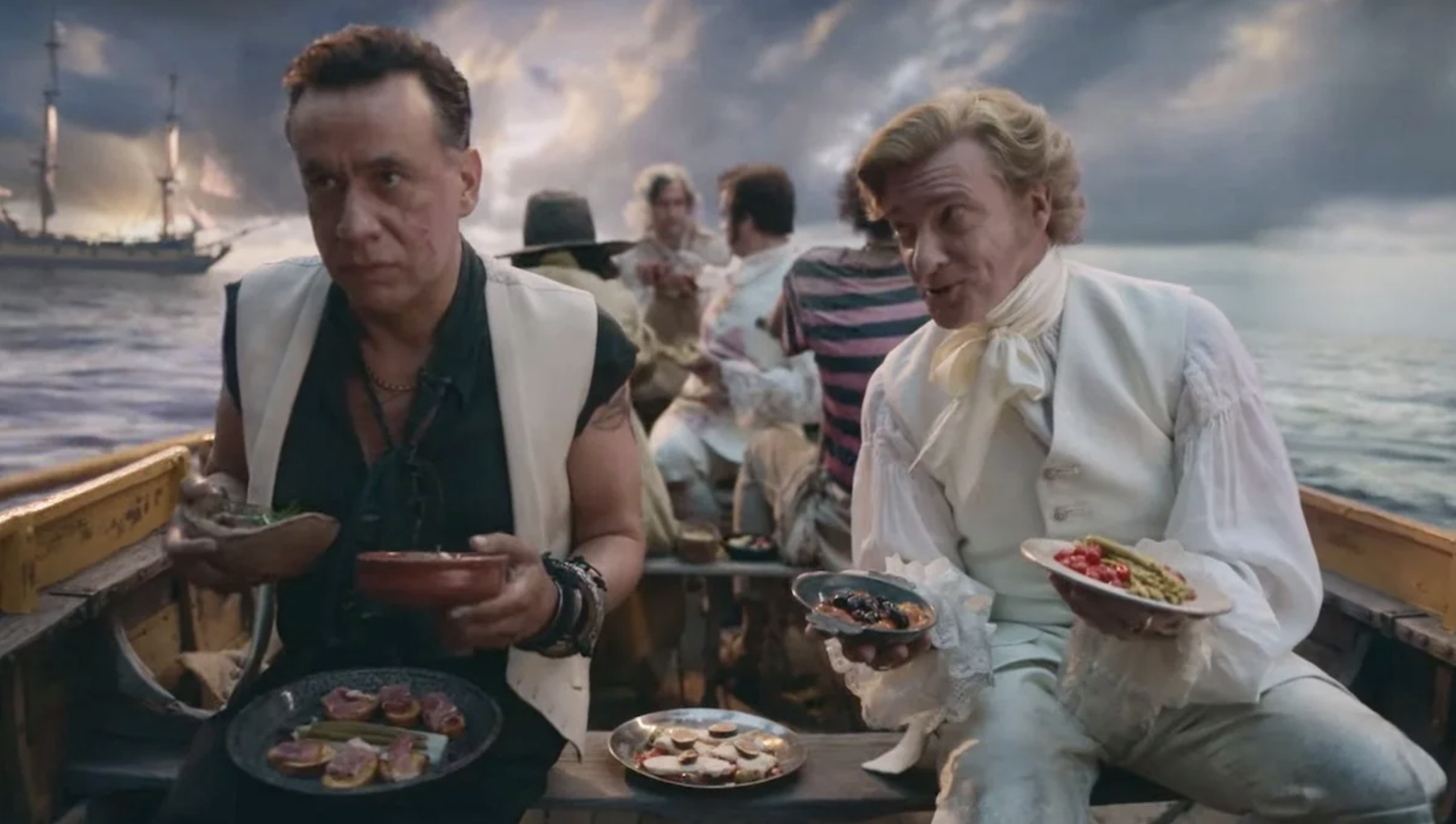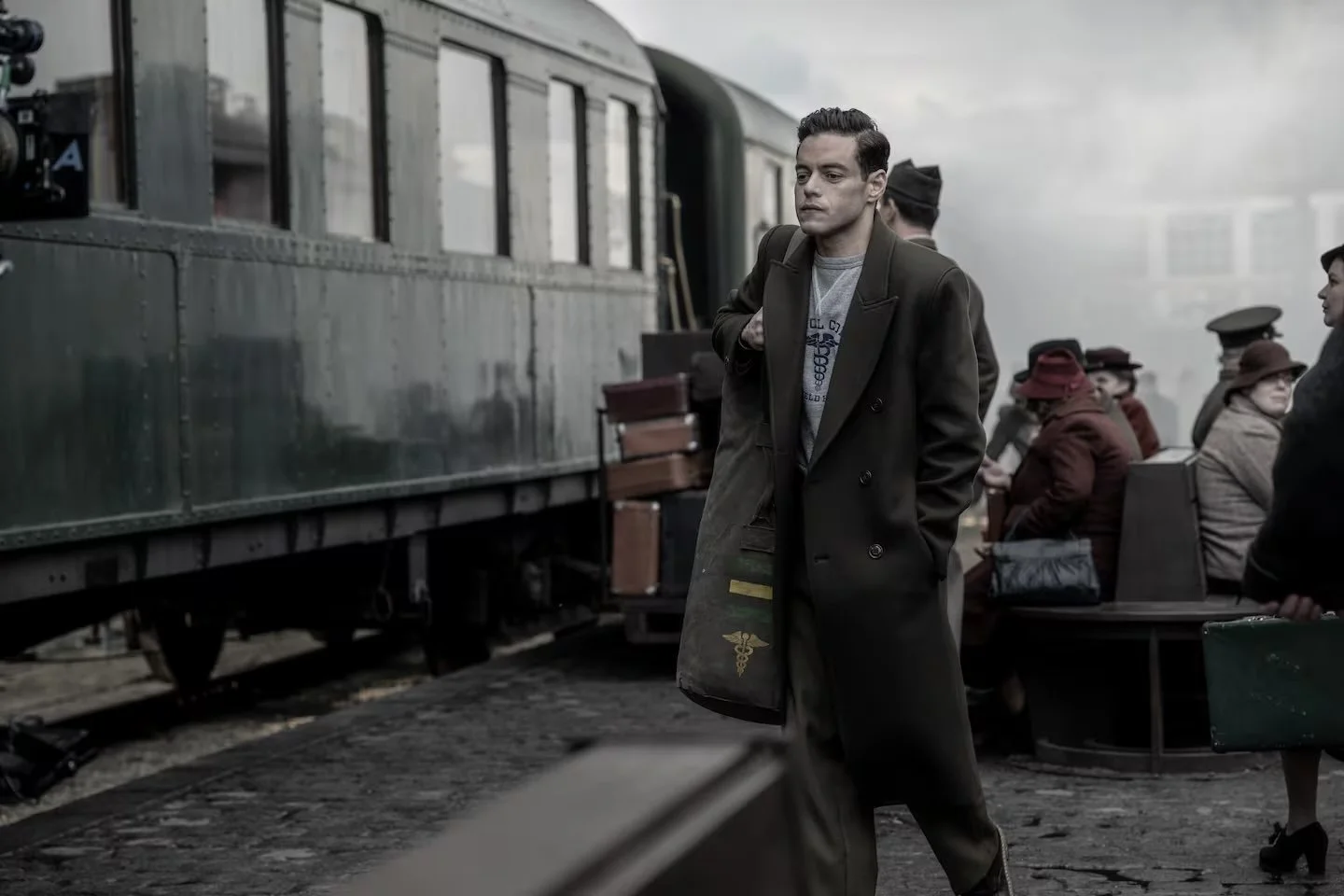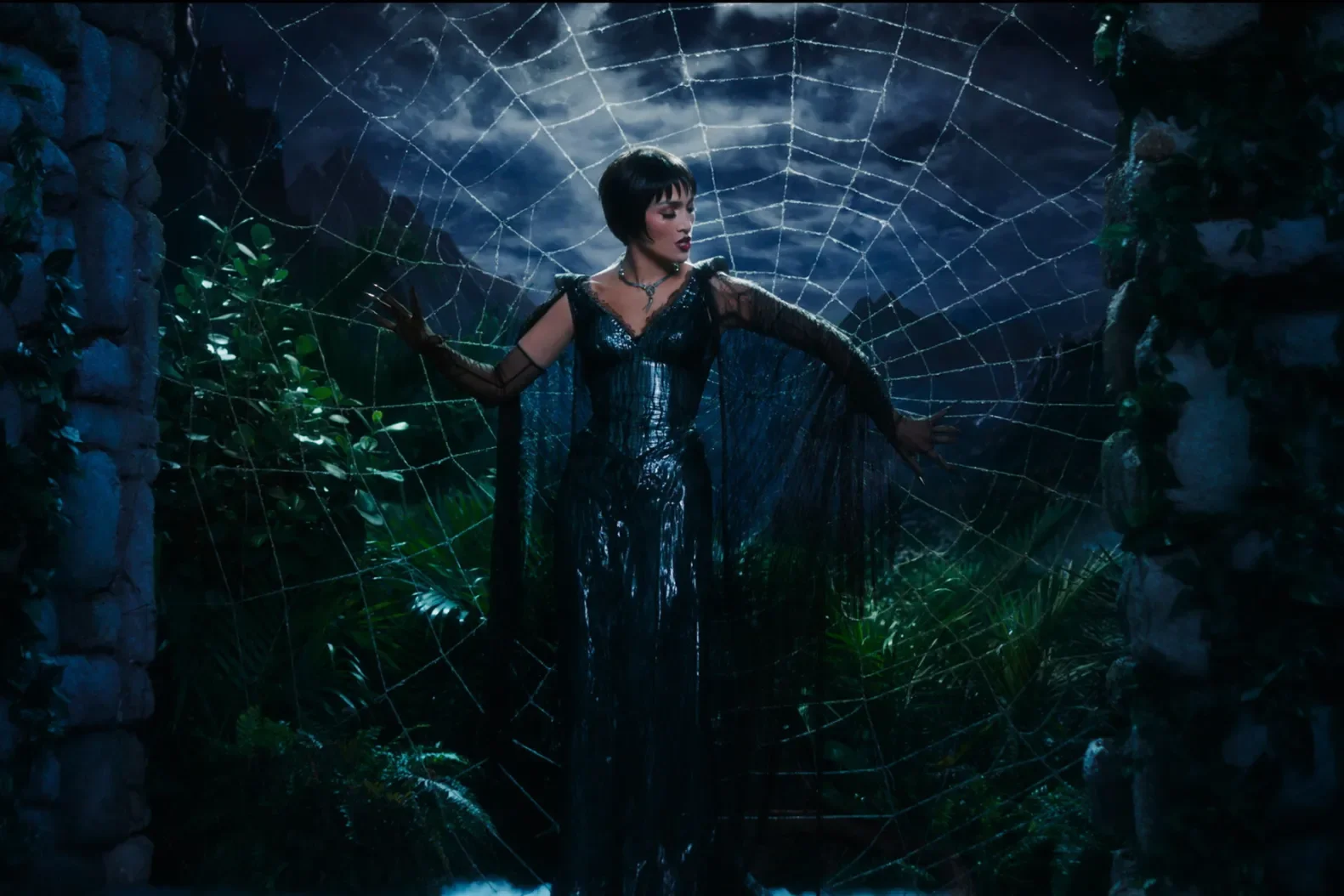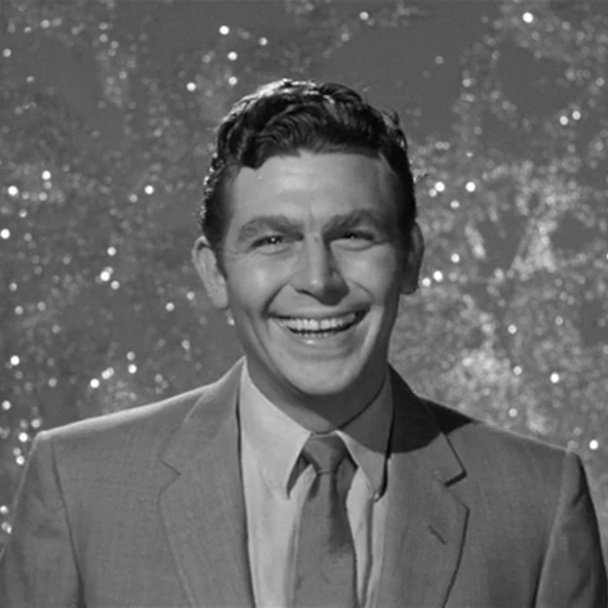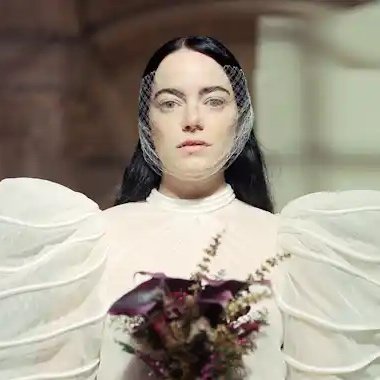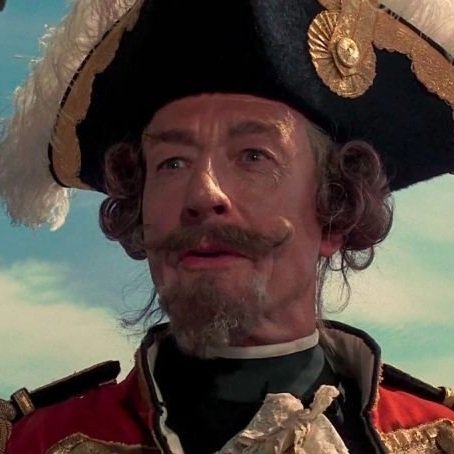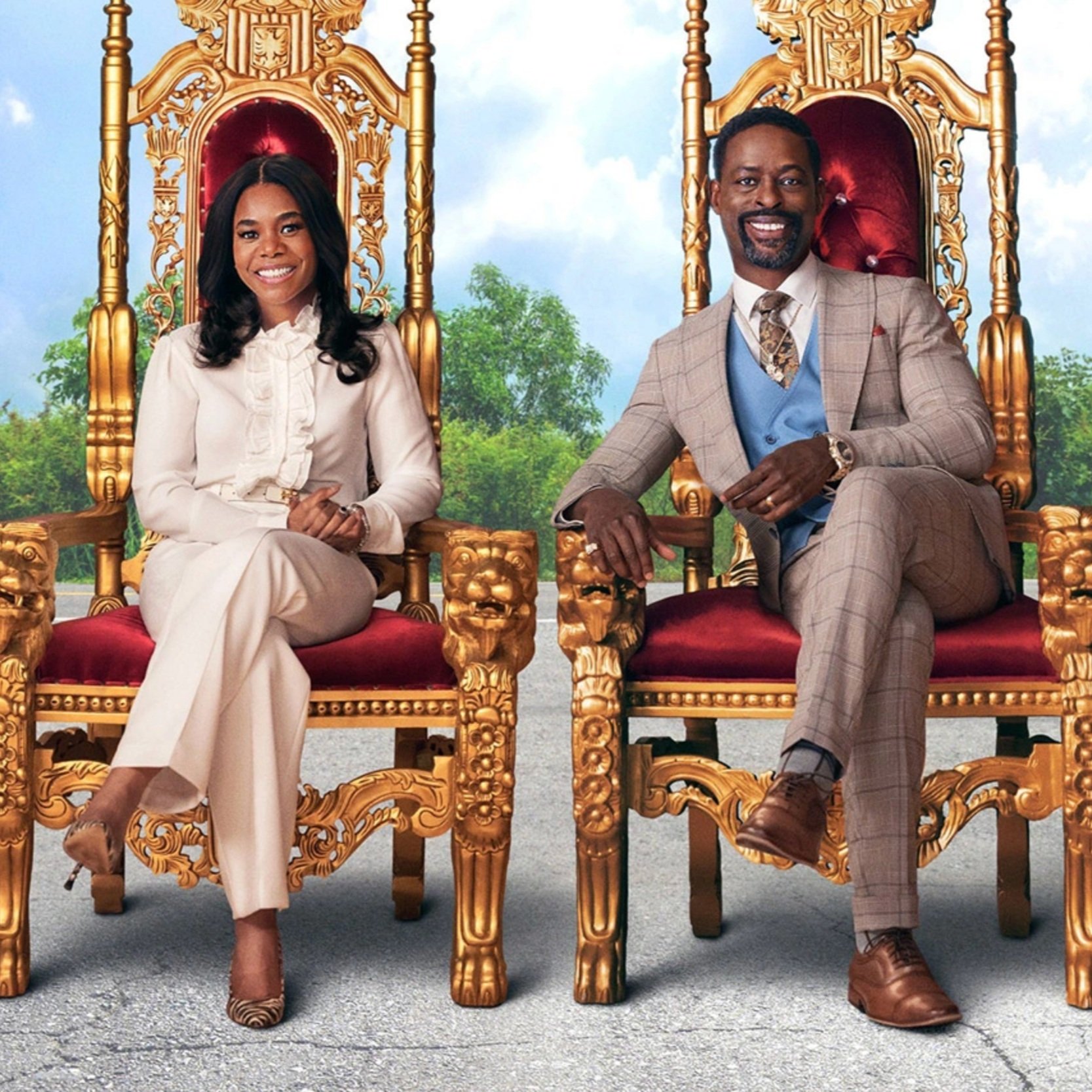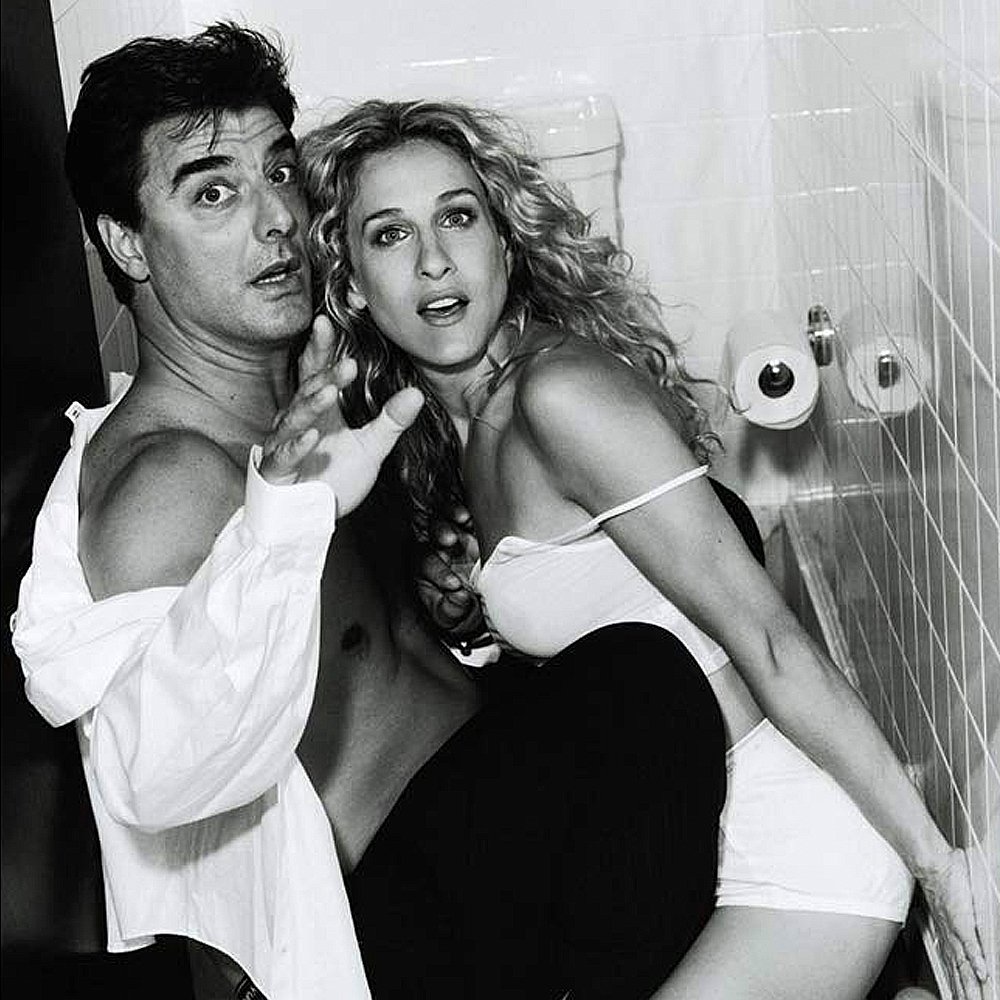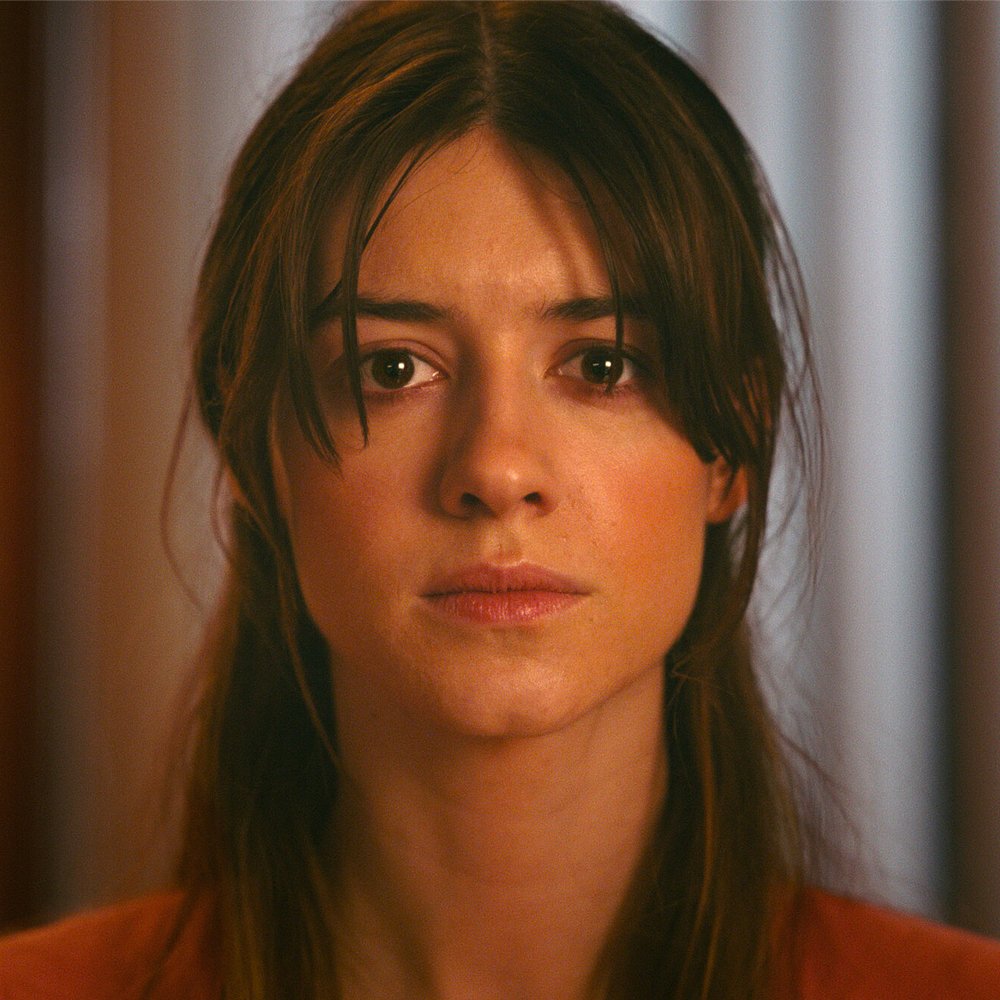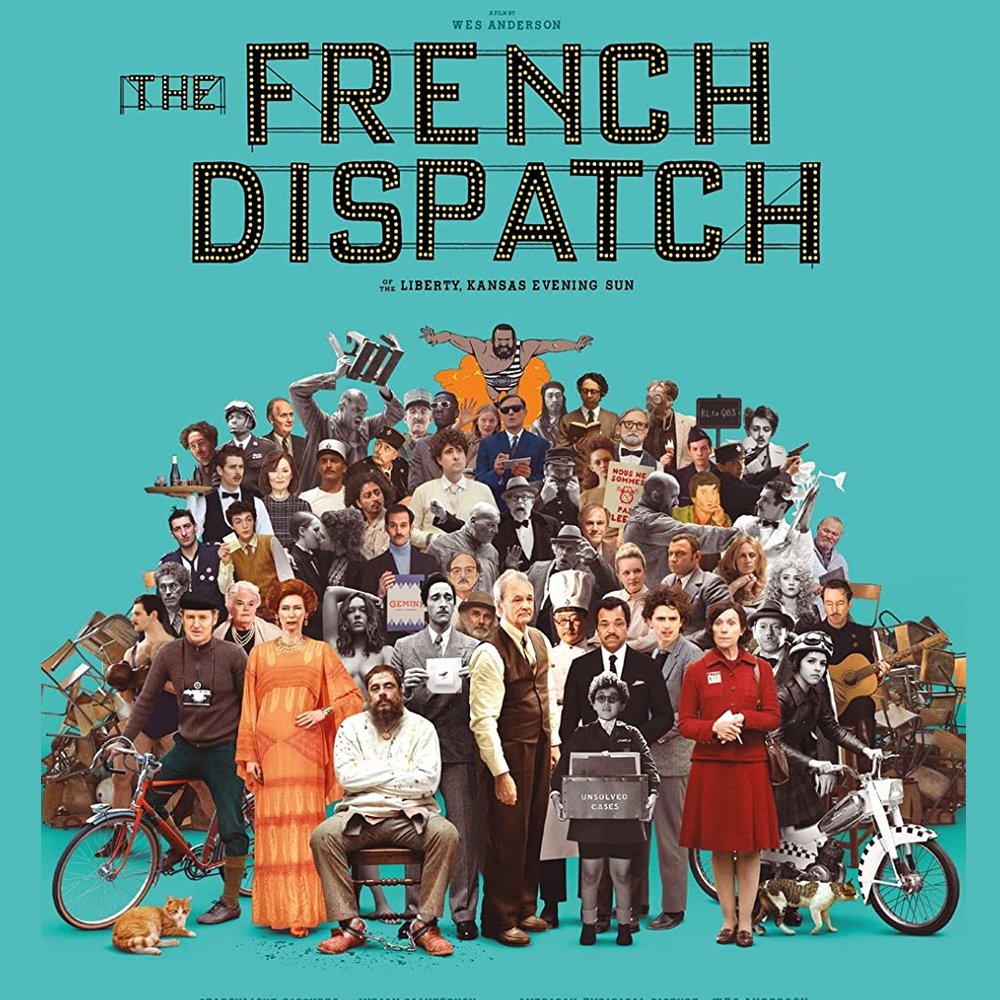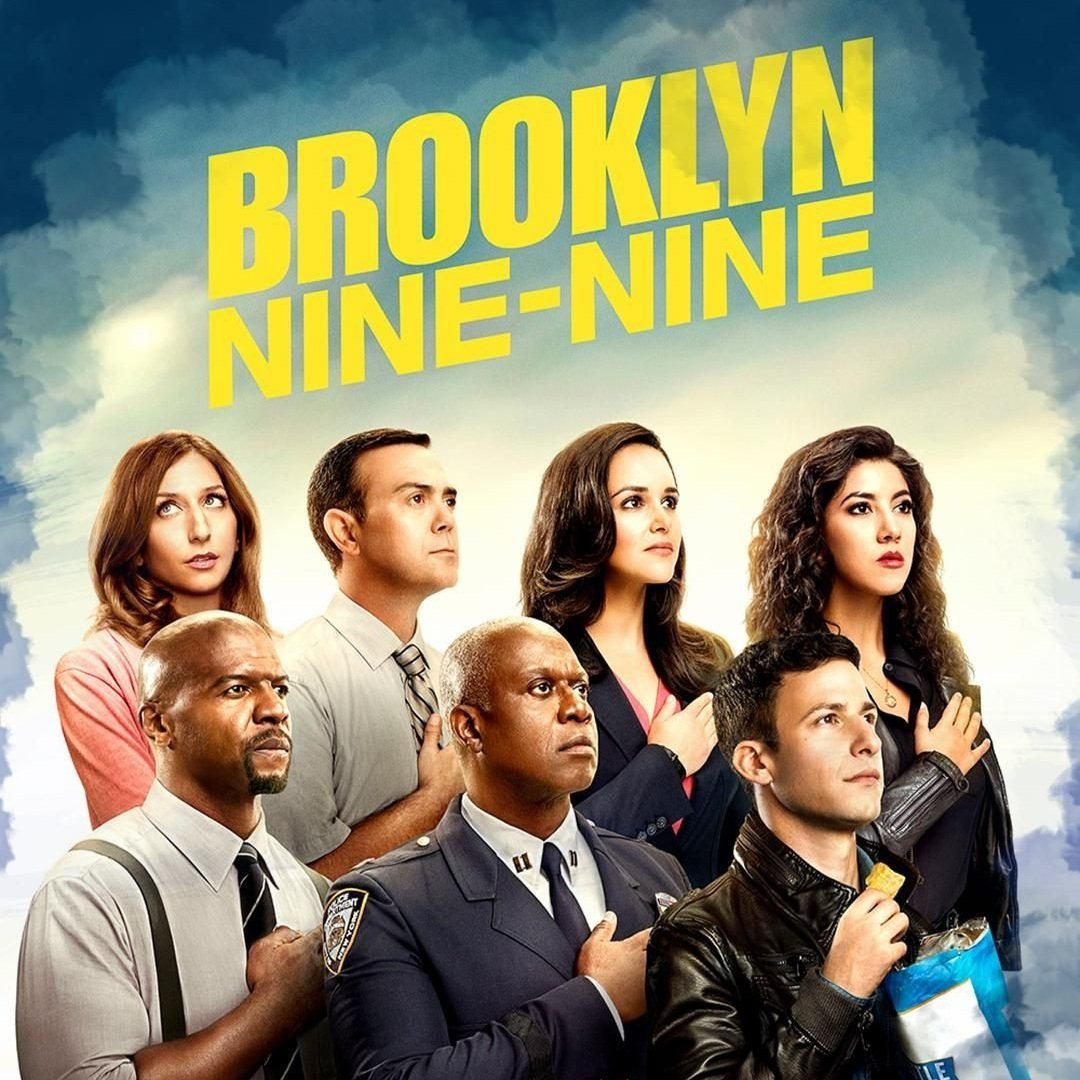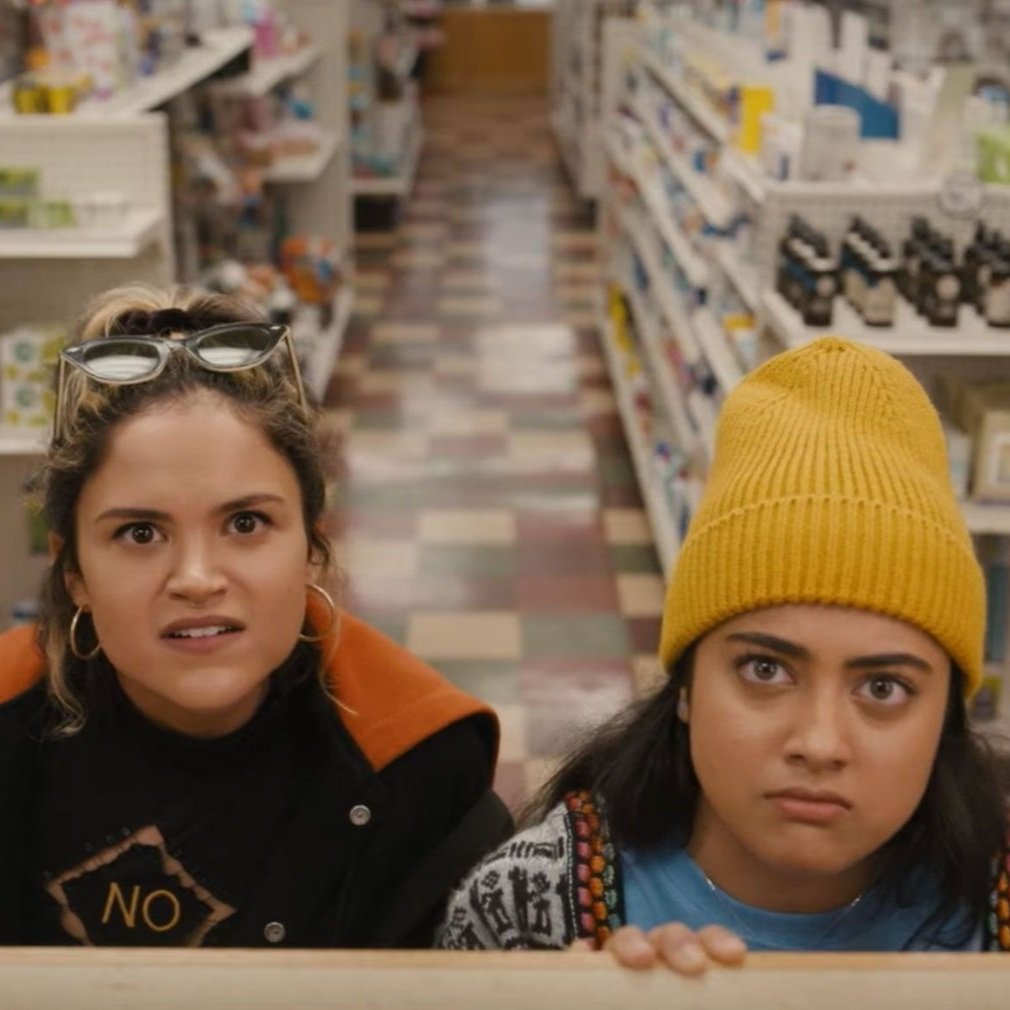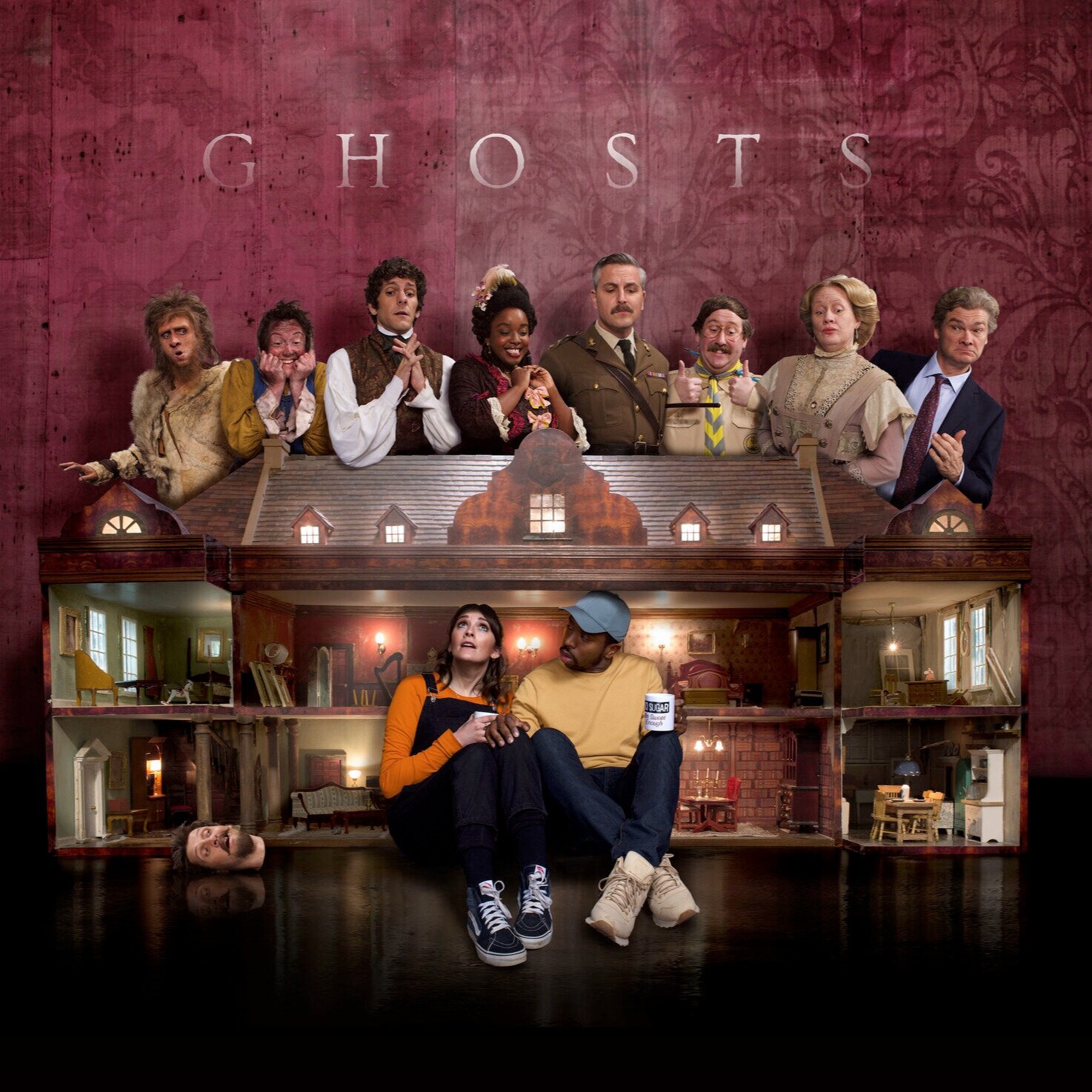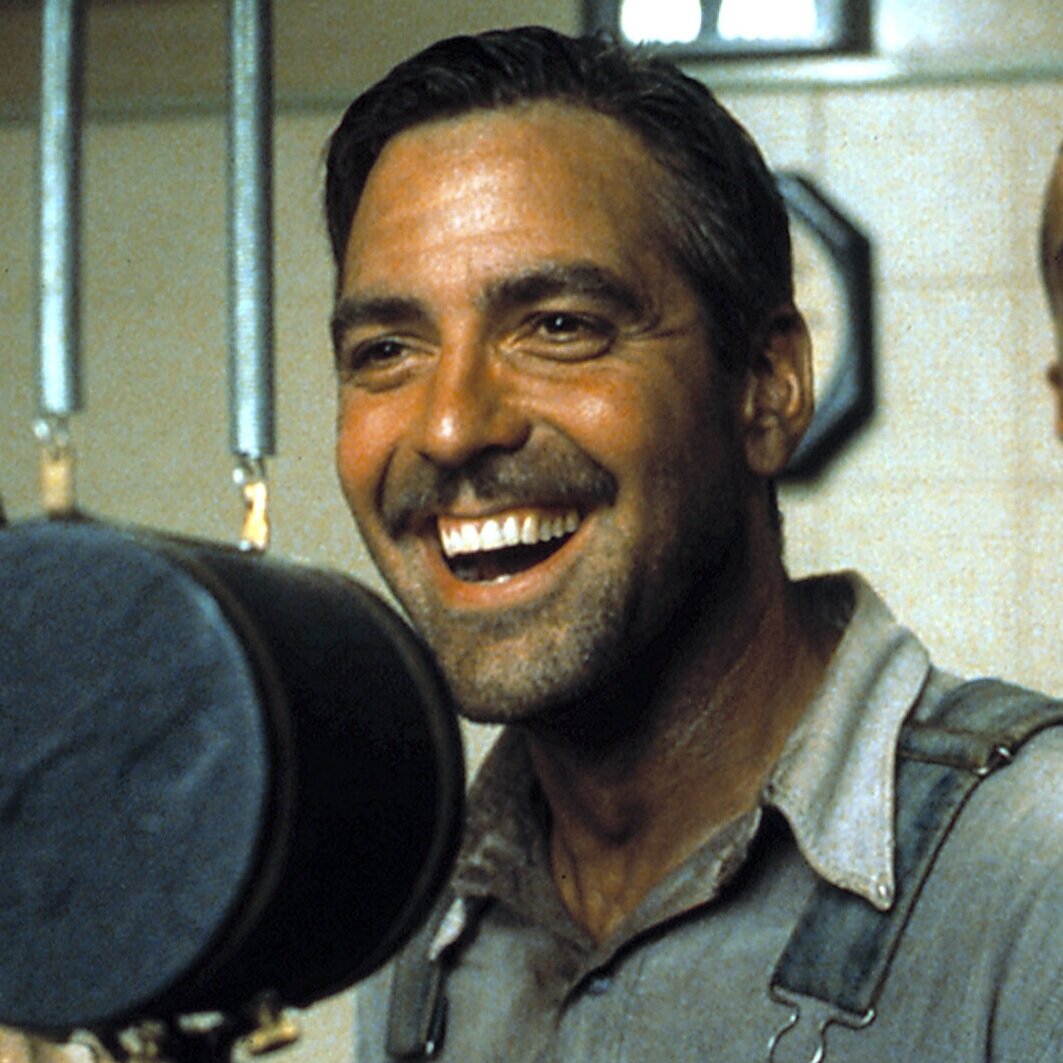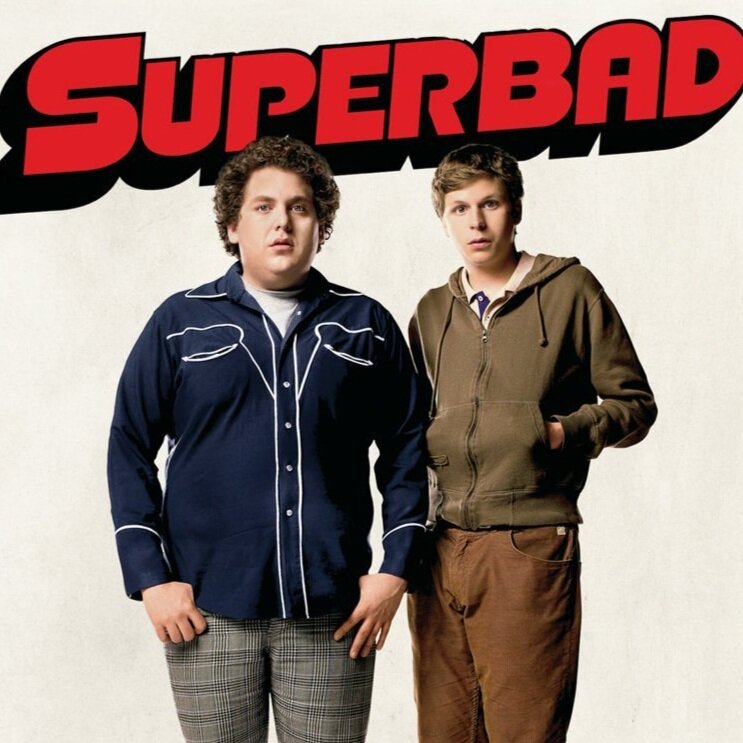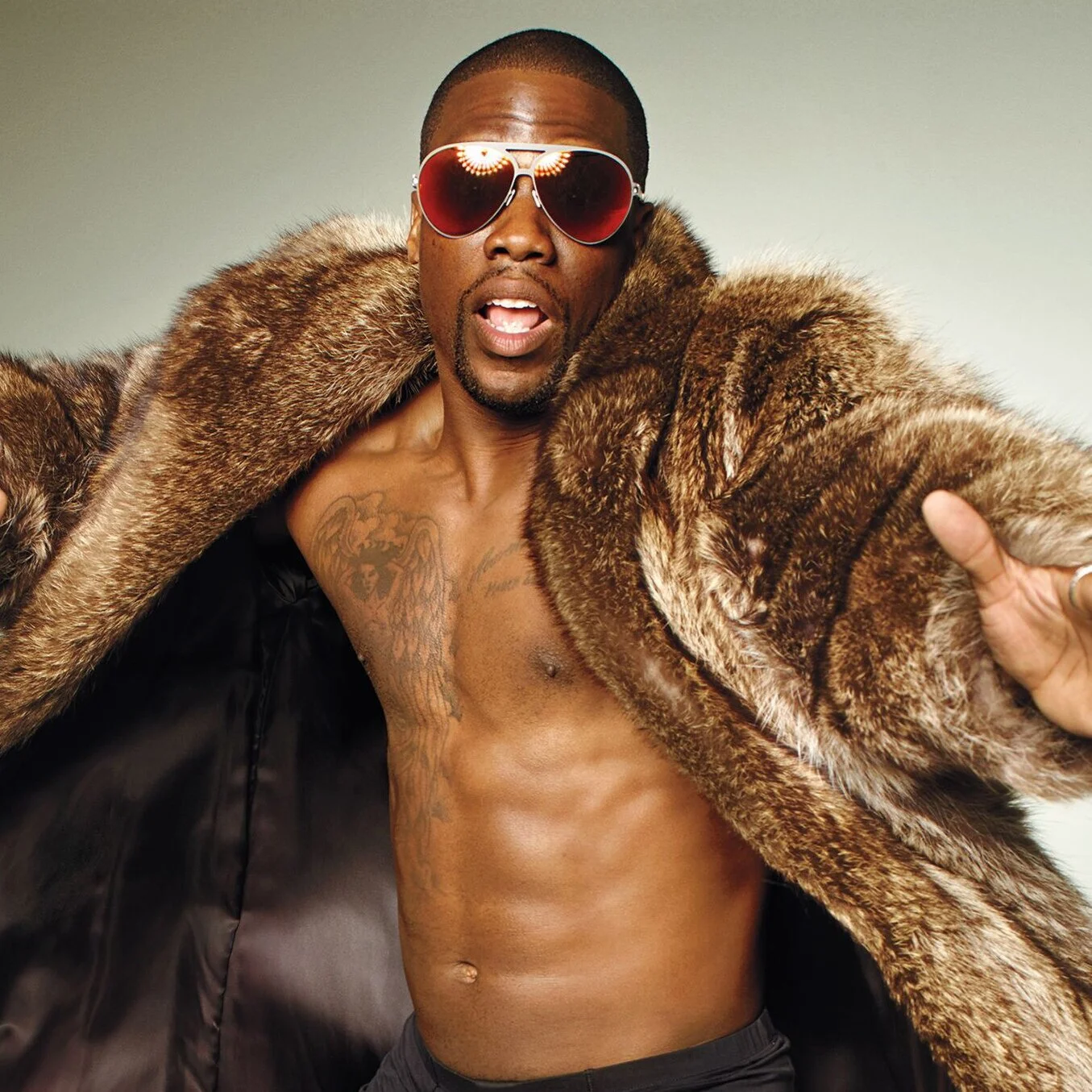Our Flag Means Death Delivers Absurdity and Romance on the High Seas
The best show of the year is an LGBTQ+ pirate rom-com. Our Flag Means Death tells the story of real-life pirate Stede Bonnet, the 18th-century aristocrat who gave up his luxurious life for an adventure on the seas. He earned the name “The Gentleman Pirate'' for his peculiar approach to piracy, building his ship the Revenge rather than seizing one by mutiny and paying his crew in wages. Oddly enough, the inexperienced Bonnet spent much of his pirate career sailing with the notorious Blackbeard. Our Flag Means Death pieces together a hilarious history of this odd pairing, from Bonnet’s abandonment of high society to his fateful encounter with Blackbeard and their successful reign of the seas. The show’s reason behind their unexpected camaraderie? They were in love.
By all means, Our Flag Means Death is more concerned with great, funny storytelling than historical accuracy. Producer and star Taika Waititi (Jojo Rabbit, What We Do in the Shadows) is a master at deciding exactly when faithfulness to history is necessary; he was even open about intentionally understudying Hitler before playing him as a child’s imaginary friend in Jojo Rabbit. Though Our Flag Means Death is really David Jenkins’ creation, Waititi’s influence is discernible in the clever and absurdly fun blending of fiction with fact, and the show takes full advantage of the historical gaps in Bonnet’s story as well as the freedom inherent in buccaneering.
But Jenkins’ guess of romance between Bonnet and Blackbeard might not be that far off from the truth. Based on a 1724 biography of Bonnet, he found “discomfort in a married state” (the inspiration behind the title of episode 4), which could easily be interpreted as dissatisfaction with traditional, heterosexual marriage. Jenkins said in this interview that “pirate life is, in a sense, queer life,” given its unconventionally and the close relationships between crewmates. So it seems possible Bonnet’s mid-life crisis was motivated by a need for adventure as well as a longing for a new type of relationship.
Rhys Darby (Yes Man, The Flight of the Conchords) plays Stede Bonnet with a perfect mix of posh silliness and endearing insecurity. Darby is known for his energetic physical comedy, and each time he feigns horror or surprise it’s clear to see why. His animated eyebrows are a character of their own. Stede’s backstory of abandoning his wife and children on impulse doesn’t make him a particularly likable character, but Darby plays him with redeeming kindness and whimsy. He’s absurdly darling as a pirate, stocking up on marmalade instead of gunpowder, a quirk which, along with his devotion to manners, reminded me of the beloved bear Paddington. Stede even reads bedtime stories to his crew and champions their emotional well-being. In the first episode he chants to them, “If someone returns from the raid mentally devastated, we talk it through as a crew.”
Stede’s crew is a found-family of lovable misfits. The cheeky Lucius (Nathan Foad) serves as Stede’s scribe; the calm and rational Olu (Samson Kayo) keeps the crew stable; the mysterious and mute Jim (Vico Ortiz) turns into a no-nonsense marauder; and the bizarre Buttons (Ewen Bremner) speaks to birds and streaks across the deck in the light of the full moon. We meet the ensemble in talks of mutiny, entirely fed up with Stede’s ridiculous pirating tactics. When Stede accidentally beaches the ship and encourages the crew to enjoy a vacation (leisure is an alien idea to them), they’d rather torture hostages. Violence is their idea of a relaxing activity – not quite ideal when your captain enjoys fine fabrics and table manners. It’s delightful to see their attitude toward Stede shift from skepticism to hesitant respect over the course of the season.
Darby’s charisma and the hilarious crew dynamics are enough to carry the first three episodes, which feel very workplace comedy, but the show really gets good with the arrival of Waititi’s Blackbeard in Episode 4. His badassery and surprising vulnerability balances Stede’s frivolity. Ed, as Stede calls him, is weary of pirate life and his own notoriety, so Stede introduces him to the finer things in life for a change. In a particularly tender (and romantically moonlit) moment, Stede fashions Ed with a pocket square and tells him, “You wear fine things well.” Through Ed’s eyes, Stede’s dapperness reads more sweet than dopy.
Waititi and Darby are decade-old friends and have collaborated on projects like What We Do in the Shadows and Flight of the Conchords, and their chemistry in Our Flag Means Death is infectious. Silly and flirtatious banter between Stede and Ed comprises the show’s funniest moments, much of which is improvised by Waititi and Darby.
Waititi also improvises one of the most romantic scenes between Stede and Ed. They’re captured by the British and wrestled to the floor so that they’re conveniently face to face. Ed gives Stede a little wink, and when the camera slowly zooms out and we can see their whole bodies, Ed inches his leg toward Stede till their shoes touch. (It’s also just a beautifully saturated shot, and it’s backed by Fleetwood Mac’s “The Chain” in one of many clever song placements.) In a different show, this little game of footsie might be written off as platonically reassuring. But Our Flag Means Death wants you to know that this is romance. Ed and Stede’s relationship blossoms over the course of their co-captainship — Ed falls in love with Stede’s normalcy and sweetness, and Stede is seduced by Ed’s keen sense of adventure.
Their romance is all about exploration and new beginnings, and it forms the emotional backbone of the show. There are several other queer relationships on the Revenge, each with their own quirks. Jim and Olu yearn for each other for a couple episodes and finally turn from devoted friends to lovers. Black Pete has a fling with Lucius and whittles him a wooden finger in an uncharacteristically sweet gesture.
The show also features a genderqueer character (and actor) in Vico Ortiz’s Jim. Jim hides under a disguise of a beard and fake nose aboard the Revenge, and when their identity is revealed, a crewmate asks Jim if they’re a woman. Jim grumbles back that they haven’t really thought about it, and that’s pretty much it for the explicit discussion of Jim’s gender. Respect is a non-issue; everyone in the show adopts gender neutral pronouns seamlessly, even Jim’s grandma who’s a nun. Jim’s gender has little bearing on their pirate storyline of getting revenge on the gang that killed their father. Because why should it? Non-binary representation is still practically nonexistent in television, but it’s handled so naturally here that I hardly registered it as groundbreaking.
This sort of effortless representation is what makes Our Flag Means Death so remarkable. Queer stories deserve to be told without explanation, but they rarely are, especially in period pieces. There isn’t much homophobia from other characters — the show cleverly leans into the idea that anything goes at sea. It’s refreshing to see LGBTQ+ relationships that aren’t marred by grief or diminished by societal backlash. When Stede tells his wife that he’s in love with Ed, she’s unfazed by the detail that Ed’s a man; when Ed’s right-hand man Izzy (Con O’Neill) suspects something between Stede and Ed, he reacts out of fear that Blackbeard’s gone soft, not prejudice. The queer representation is completely natural, and Jenkins has made it so obvious that this is how comedies should approach representation, by keeping things light and not straying from the genre with unneeded dramatics or tragedy. Well, maybe except for that heart-wrenching finale.
As a comedy, Our Flag Means Death isn’t entirely perfect. At times it suffers from redundant writing: the mutiny and stabbing jokes grow stale, and habitual nudist Buttons strips naked on the deck a few times too many. The bits with King George and the British navy feel tedious and occasionally disrupt the show’s pacing. Celebrity stars like Leslie Jones (pirate Spanish Jackie) and Fred Armisen (one of Jackie’s husbands) are underutilized, and their subplots lack cohesion and feel removed from the rest of the story.
But for the most part, the jokes do land. Fans of Waititi’s unique brand of comedy will find comfort in the familiar absurd humor on deck of the Revenge. This silly pirate show packs a whole lot of heart into its first season, and it’s quickly become my favorite show of the year. Each of its eccentric characters embarks on their own journey to find belonging on the seas. It’s a delight to join them on their voyage.
All episodes of Our Flag Means Death Season 1 are streaming on HBO Max.
Popular Reviews
